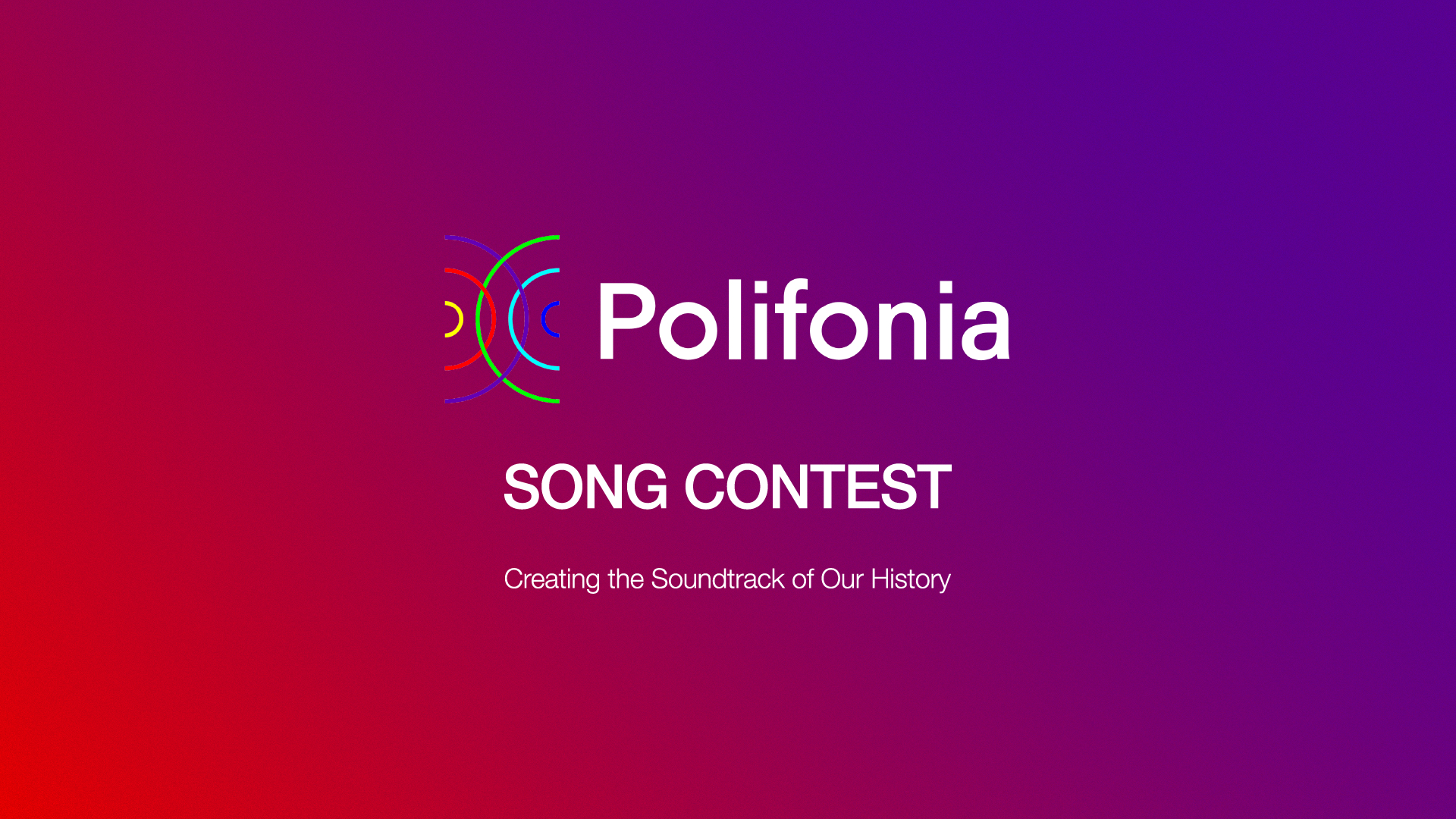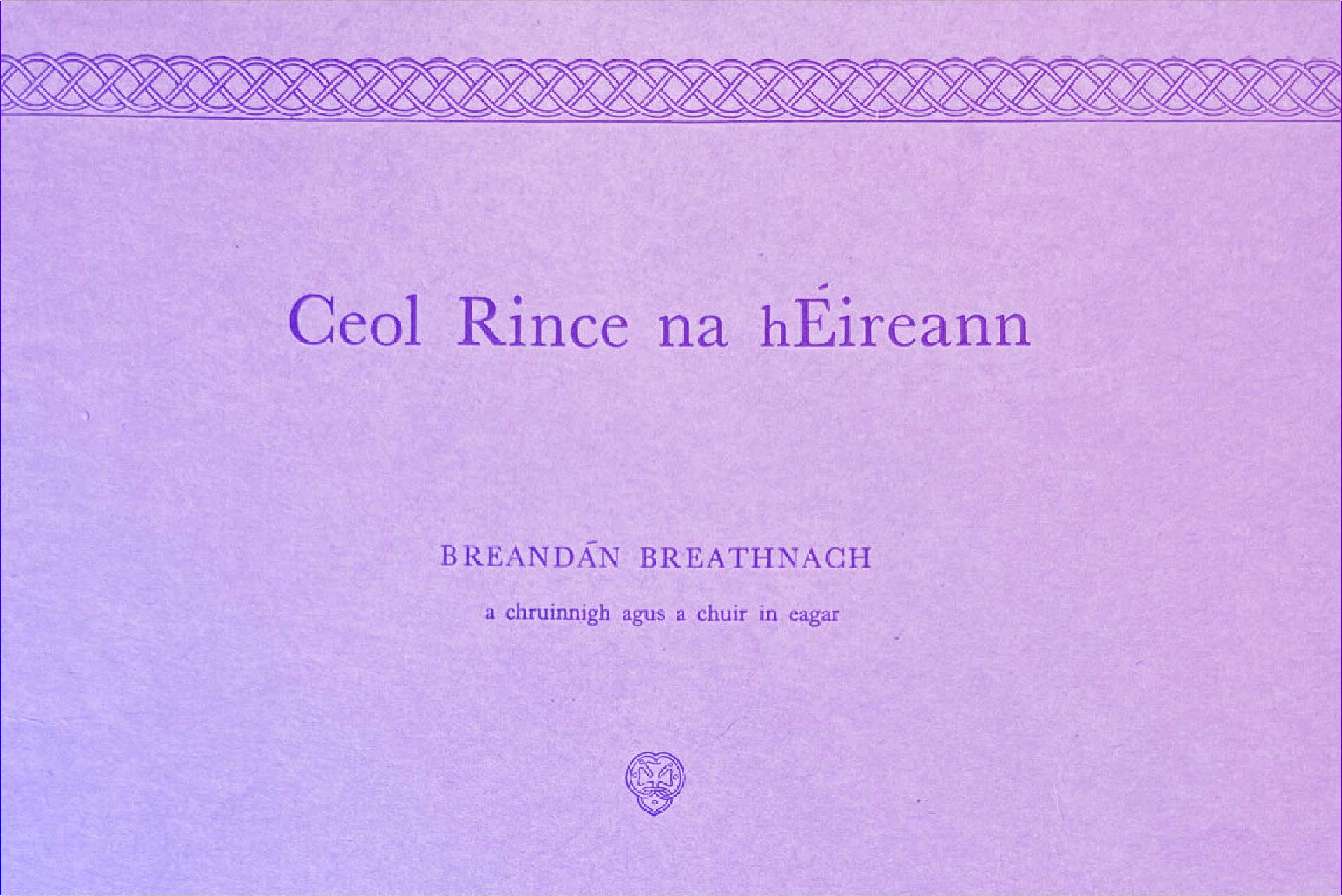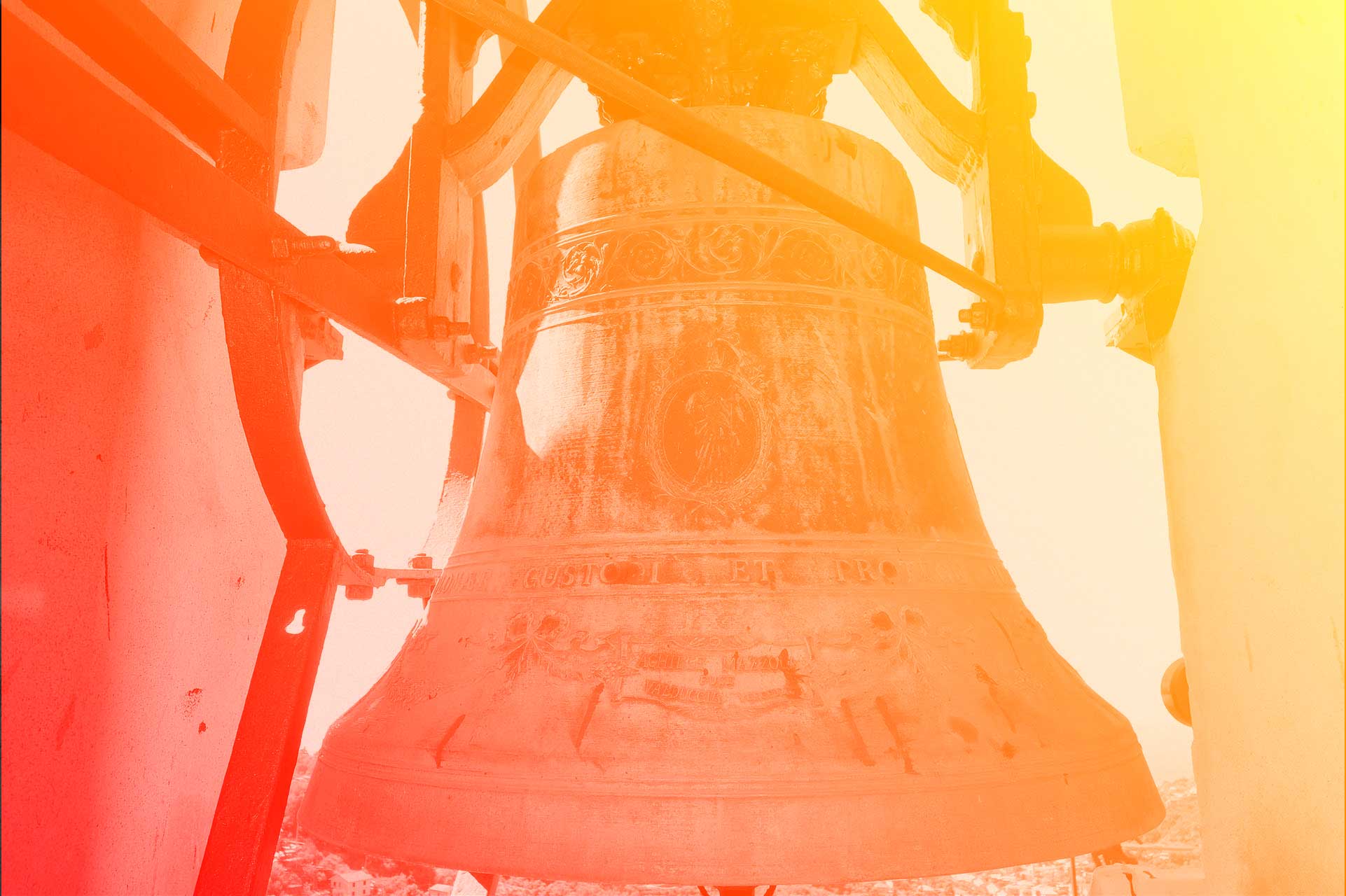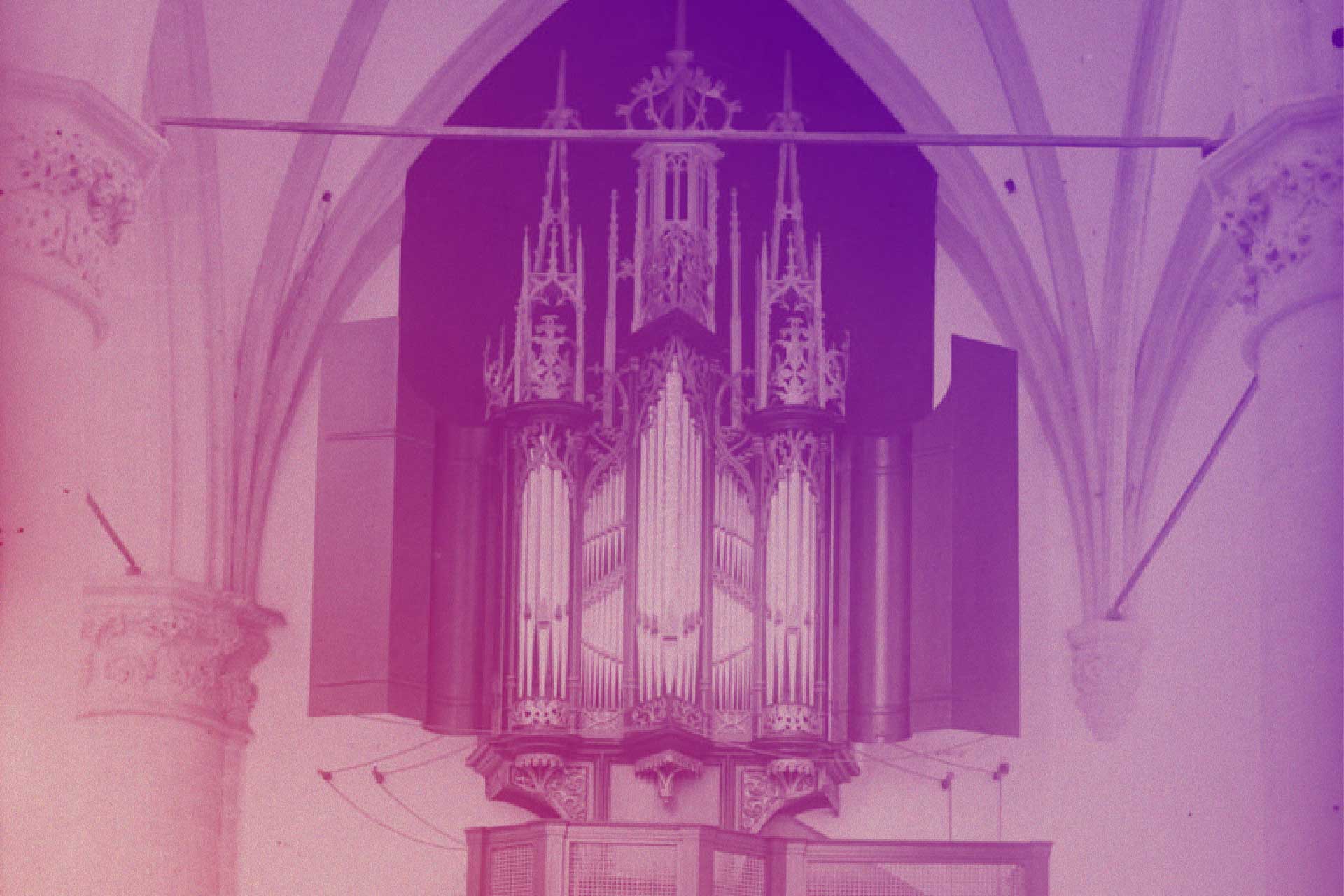Polifonia Song Contest 2024
Bells, organs and folk melodies – a cross-section of the rich European musical heritage landscape, made available in a samples & MIDI files by Polifonia (2021-2024). Polifonia, a European project that aims to increase the discoverability of European musical heritage from the 1500s to the 1950s, in collaboration with RE:VIVE now presents: the ‘Creating the soundtrack of our history’ sample pack. Discover 100 files and get inspired to create the ultimate ‘soundtrack of our history’ in the Polifonia Song Contest.
The Song Contest
April 8 – May 6
Are you the type of musician that is inspired by old sounds, such as cheerful Irish folk melodies, the majestic resonance of pipe organ concerts, and the timeless chimes echoing from century-old Italian bell towers? Then ‘Polifonia Song Contest’ is your challenge!
In collaboration with RE:VIVE – a Dutch project supporting the reuse of audiovisual heritage in new musical contexts – the musical heritage project Polifonia presents a Sample+MIDI pack to encourage you to create the ultimate ‘soundtrack of our history’.
Create a track between 2.5 and 5 minutes that contains 2 or more of these sample/MIDI files. A jury with a professional as well as amateur background in music will judge the songs before May 11.
Are you ready to hit that “douze point” and win €500? Then download the sample pack now from the RE:VIVE website and submit your song before May 6.

Discover the sample pack
Good to know
- use at least 2 samples from the pack. You are allowed to use any other instruments/vocals, etc.
- your song lasts between 2.5 and 5 minutes
- both instrumental songs and songs with vocals are accepted
- you may only submit 1 song per person for this contest
- we expect you to rely on your own creativity and composition skills and not let an AI do the work :–)
- you upload your song on a publicly accessible platform (Soundcloud, etc)
Jury Panel
Valentina Presutti computer scientist & coordinator Polifonia
Antònia Folguera digital arts and culture festival curator (Sónar, Eufònic) & Polifonia advisory board member
Gregory Markus founder RE:VIVE, studio manager & musician
James McDermott music technology researcher (e.g.Polifonia) & musician (piano, guitar, vocals, songwriting)
Emily Peppers musicologist & musician (classical, rock, folk, electric violin)
Rosario Arquero-Avilés university teacher, researcher (.e.g IDEA Lab research group) & musician (flute)
Rodolfo Delmonte computational linguistic expert & musician (guitar)
Daniel Antal music data scientist
Miles Niemeijer historian & music advisor at Podiumkunst.net/Nederlands Jazz Archief
Roosmarijn de Groot open data specialist & musician (guitar & ukulele)
Vasiliki Sirakouli music anthropologist
Wytze Koppelman curator culture & entertainment
Listen to the “Soundtrack of our History”
Listen to the winning song here
Adam Tristar (The Netherlands) – Isolation
About the organisers
This competition is a collaboration between Polifonia, RE:VIVE and The Netherlands Institute for Sound & Vision.
Polifonia, a project funded by the EU’s Horizon 2020 program, aims to reconstruct the intricate links between music, individuals, locations, and events spanning from the sixteenth century to contemporary times. It endeavors to make this data accessible through an web-based database, enhancing our comprehension of Europe’s musical legacy. Additionally, employing AI and music information retrieval (MIR) techniques, the project is developing tools for professionals to analyze music datasets.
RE:VIVE, an initiative by the Netherlands Institute for Sound & Vision, established in 2015, focuses on repurposing audiovisual heritage in novel musical contexts, offering artists curated sample packs sourced from global archives with open access or various Creative Commons licenses. The
Netherlands Institute for Sound & Vision serves as the national institute for media culture in the Netherlands, fostering a diverse, creative, and democratic society by preserving media heritage and advocating responsible media usage. The prize is offered by the Netherlands Institute for Sound & Vision, as part of their mission to support heritage reuse.


